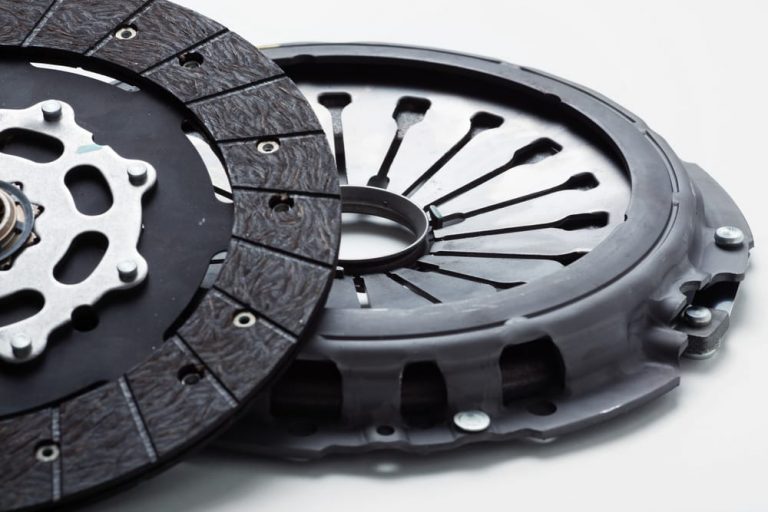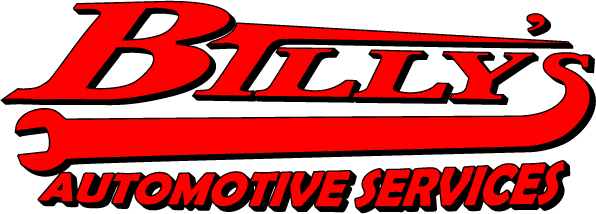Clutch Repair & Services

When it comes to car parts, clutches serve an important purpose. It allows the power to be transferred from the engine to the transmission to manage vehicles speed.
When it comes to clutches, there are several different types of clutches to choose from. These include:
Friction Clutches
Friction clutches is a very well-known clutch. It is a clutch that is transmitted by the friction between surfaces that are linked to the driving and driven shafts. The surfaces are lined with many different types of materials such as fibre and brass button for high performance vehicles.
Centrifugal Clutches
Known as an automatic clutch that uses centrifugal force to function properly. This works when the output shaft separates at a low speed and will gradually increase once there is more speed.
Multiple plate Clutches
A multiple plate clutch will use multiple clutch plates to make contact with the engine flywheel. This allows the power to be transferred from crank shaft of the engine to the input shaft of the transmission. Multiple plate clutches are commonly used in automobiles and machinery that require high torque.
What are some common clutch problems?
Listed below are some of the common problems that clutches face:
-
- Clutch Slippage: When a clutch pedal is depressed, engine would rev, but no motion is gained with the vehicle.
- Faulty Clutch Cable: A faulty or broken cable can cause many issues such as not being able to select gears when a clutch pedal is pressed.
- Clutch & Pressure Plate Problems: These components are responsible for the changing of gears, and if faulty this will cause gear change problems and cause clutch slippage.
- Thrust Bearing Problem: Problem will be evident when you hear deep winding sound when clutch is pressed.
- Hydraulic Clutch Problems: Whenever there is a case where fluids leak is evident on the clutch hydraulics, this will usually be caused by the clutch misfunctioning due to not enough pressure.
- Hard clutch: If there is a case where a lot of pressure is needed for the clutch to operate properly, there is a high possibility there is an issue with the clutch or the hydraulics.
